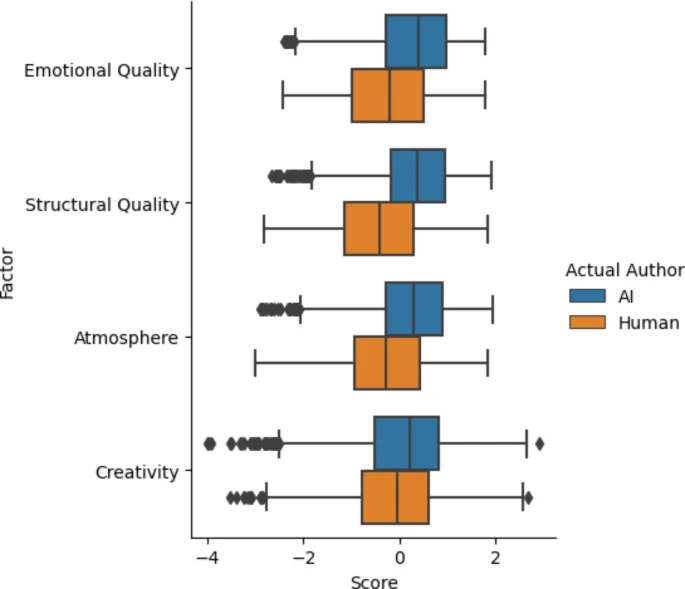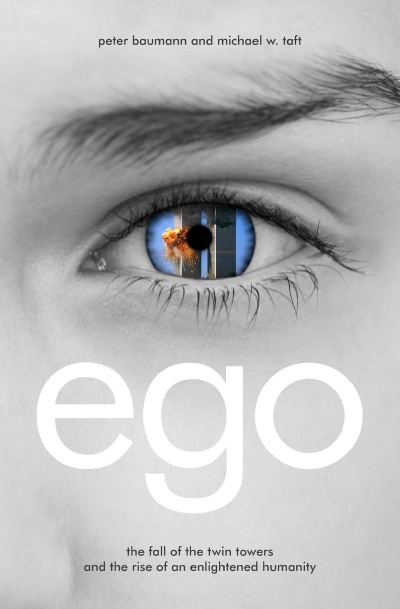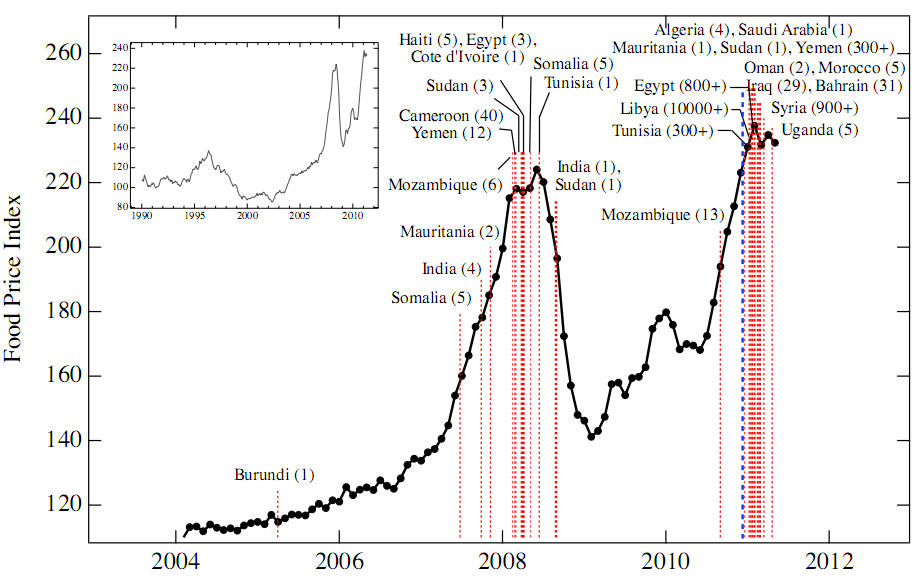Why would Mohamed Atta graciously let a car rental agent know the check oil light was on in the car he returned and then help crash a plane full of people and fuel into the World Trade Center on Sept. 11, 2001, an act of simple religious hatred?
It's a puzzle of psychology. The ability to deal kindly with people on an individual level and then demonize them when they are in a group has been a longstanding mystery. Group behavior, being social, obviously had benefits for early man; trying to live without a group was practically a death sentence even when an 'individual' victory in ways large and small was absolutely necessary for survival.
There's long been a maddening belief by a subset of psychologists who have never actually been to the Eastern part of the world that Asia is some collectivist Utopia.
When it comes to inflated self-importance - hubris, even - some research contends, there is more of it in the west because Western culture prides itself on independence, personal success and uniqueness while in the East where harmony and belonging are supposedly valued, people are more modest.
Complexity theorists have some bad news for people who insist that unless it carries an organic label, food is evil; a group from the New England Complex Systems Institute says they've discovered what will trigger riots around the world in under two years. It's the price of food and when it rises above the threshold they list for instability, social unrest will sweep the planet.
Cooking is not a modern invention, concludes new research. It likely originated 1.9 million years ago, according to results they determined using statistical analysis and evolutionary trees.
How so? They estimated, in their analysis, how long we should spend feeding every day, based on our body sizes throughout evolutionary history. Sure, it might seem at first glance like cooking would add more time than directly eating but their results say we would need to spend almost half of our time in the 'feeding' process given our current sizes - cooking basically made food easier to chew and digest and as a result we got more caloric benefit and a smaller digestive tract.
Science 2.0 fave Dan Vergano at USA Today
wrote an article based on the
arXiv preprint written by
Panagiota Kanti, Burkhard Kleihaus and Jutta Kunz called "Wormholes in Dilatonic Einstein-Gauss-Bonnet Theory".
National Geographic, which nows runs Scienceblogs.com,
has put the hammer down on anonymous blogs.
Really, that whole thing was always a little sketchy. Supposedly the rationale was that these people were going to be edgy insiders revealing things too explosive for mainstream media and maybe damaging to their careers but it mostly ended up being a way to rant about politics without accountability.
 Rutgers Study - Forcing DEI Programs On People Increases Hostility
Rutgers Study - Forcing DEI Programs On People Increases Hostility Minnesota Trial Lawyers Want To Ban Neonics - Here Is Why That Is A Mistake
Minnesota Trial Lawyers Want To Ban Neonics - Here Is Why That Is A Mistake The Toxic Masculinity Of Disney Movies
The Toxic Masculinity Of Disney Movies AI And The Poetry Problem
AI And The Poetry Problem








